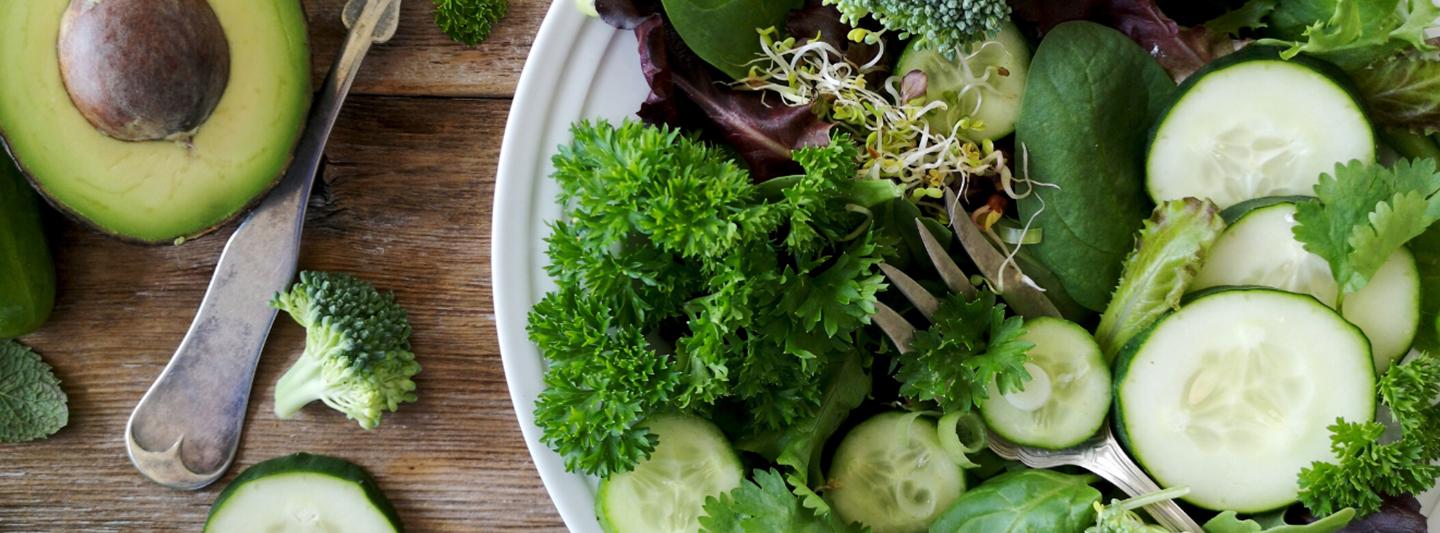A plant-based diet consists mostly or entirely of foods derived from plants. This includes vegetables, fruits, whole grains, legumes, beans, nuts, and seeds, with little to no animal products. While it doesn’t necessarily mean abstaining from meat and dairy products entirely, it does entail proportionately consuming more foods that come from plant sources.
The challenge for most people arises during the transition into a plant-based diet. To make the transition as smooth and seamless as possible, here are 4 common mistakes you should take note of and avoid when transitioning to a plant-based diet.
4 Common Mistakes to Avoid When Transitioning to a Plant-Based Diet
1. Skipping the transition period
The transition into a plant-based diet can be an overwhelming period for many, where they feel hungry, irritable and exhausted. However, it’s a crucial stepping stone to achieve a sustainable plant-based diet, as it ensures you are eating healthily and not falling into a period of fatigue as you keep up with your new eating habits.
The key to this period is starting slow and allowing your body to adjust to the introduction of a new and unfamiliar diet. Thus, starting with meals you have always enjoyed, which also happens to be plant-based friendly, is a good way to start!
2. Eliminating meat without a proper substitute
Adopting a plant-based diet does not mean strict abstinence from meat, it just means that your diet consists primarily of plant-sourced foods. For a plant-based dish or meal, meat is considered more of a garnish than the main ingredient. Another question of concern to be raised is if your diet is meeting your protein consumption needs. Substituting the usual meat proteins with plant-based proteins is essential for many health and wellness attributes such as a healthy appetite and immune system. Including protein-rich food like tofu, chickpeas and legumes into your diet can help to nourish the body too.
3. Being too dependent on processed food
While processed foods are typically associated with fast food, chips, and sweets, it can also include bread, jarred sauces, and frozen meals that many consider as staples. Though convenient, these processed foods are loaded with sugars, salt, or fats. Additives or contaminants formed during food processing may have negative effects on metabolism and the cardiovascular system.
Individuals who consume processed food for most meals may have heightened risks of heart disease, stroke, and premature death. The most heart-healthy diet is rich in whole foods, particularly plant-based foods like fruits and vegetables, legumes, whole grains, and nuts. There are healthy packaged options such as fresh frozen vegetables and dried nuts to make such diets more affordable and convenient. When transitioning into your new diet, it's recommended to base most of your meals around plant-based foods and vegetables, while cutting down on processed ones.
4. Not meeting nutritional needs and overdosing on carbs
All carbs are not created equal, and overeating carbohydrates goes hand-in-hand with overconsuming sugar. Most people are not overconsuming fruits and vegetables or even whole grains, but rather processed and enriched carbs, including foods with added sugar.
While switching to a low-carb diet is not essential to losing weight or building muscle, make sure you’re eating quality carbohydrates, preferably whole grains, vegetables, and anything with a lot of fiber.
Need some advice as you transition into a plant-based diet? Trying to figure out the most optimal diet to help you reach your goals? We've got the professionals to help.
Core Collective is building centres of excellence where the top fitness and wellness professionals collaborate to deliver better service and results for our customers, all under one roof.
Click here to view a comprehensive list of the variety of fitness, wellness and lifestyle services we have available.
.png)
